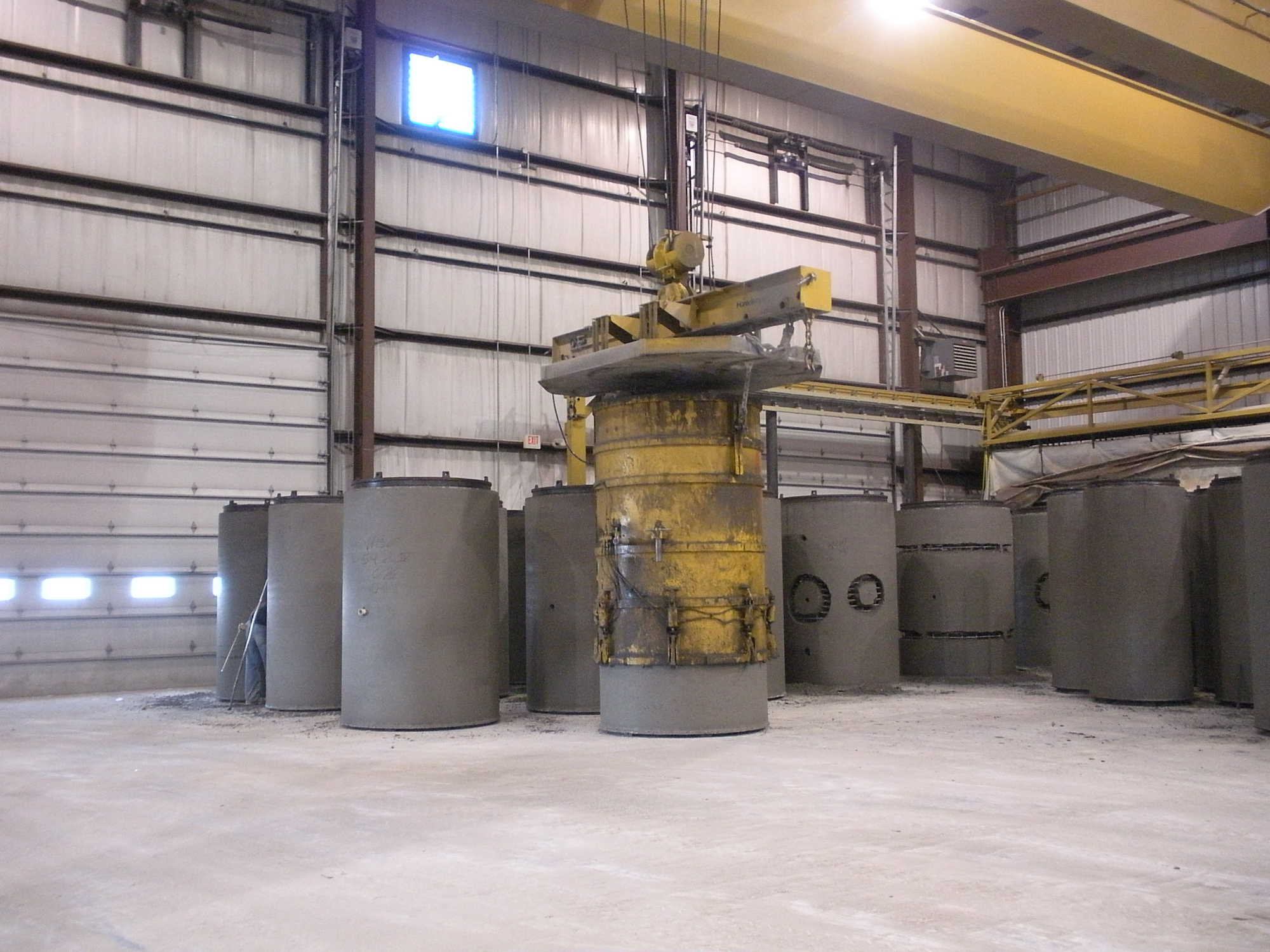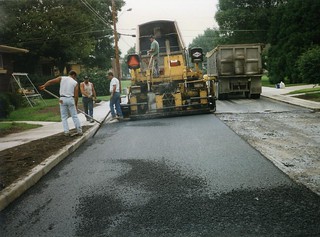 Over the last few days I've been exposed to two ideas that interest me in how each demonstrates the need to properly vet an idea. (As an aside for for all of you familiar with MMORPGs: I figure if life was a game, "Vetting an Idea" would be considered a passive ability for those in the engineering profession.) First on Friday, I came across a quick example from the business world. One of my favorite companies, Linden Lab, offered a package deal on Amazon for their product Second Life. The deal was that you could buy a "Starter Package" for $0 (marked down from $9.95) and get a free vehicle for use in Second Life along with $1,000L which has a value of roughly $4 USD. While there is the root of a good idea here, I am not sure its implementation was properly thought through. The problem is that it was supposed to be ONE PER CUSTOMER. Yet people quickly discovered, for those who have multiple characters/avatars in Second Life, it was possible to buy this for each one. By the end of the day on which it launched, the offer was discontinued.
Over the last few days I've been exposed to two ideas that interest me in how each demonstrates the need to properly vet an idea. (As an aside for for all of you familiar with MMORPGs: I figure if life was a game, "Vetting an Idea" would be considered a passive ability for those in the engineering profession.) First on Friday, I came across a quick example from the business world. One of my favorite companies, Linden Lab, offered a package deal on Amazon for their product Second Life. The deal was that you could buy a "Starter Package" for $0 (marked down from $9.95) and get a free vehicle for use in Second Life along with $1,000L which has a value of roughly $4 USD. While there is the root of a good idea here, I am not sure its implementation was properly thought through. The problem is that it was supposed to be ONE PER CUSTOMER. Yet people quickly discovered, for those who have multiple characters/avatars in Second Life, it was possible to buy this for each one. By the end of the day on which it launched, the offer was discontinued.
I won't go into the whole analysis of it here because there have been many blog posts already written about what happened. But I offer it to show that vetting an idea is important for both business as well as government. And the failure to do so can result in unintended consequences along with a backlash of criticism from the community.
Should government give people free iPads?
The example I really wanted to delve into was an idea shared with me by another government professional who works for another community. He is kicking around the idea of giving a free iPad to one or two residents on each construction project to help improve communications during a construction project. Now at first, my engineer sense, which in many ways seems to work very much like Spiderman's spidey sense, says this is a bad idea with terrifying results. And not for the reason you are probably thinking. But in an effort to not be the "Negative Nancy" that many accuse engineers of being, I thought I'd ignore my first reaction and try to see how to make this work. And by doing so, begin putting it through the vetting process.
Formulating the outcome
So the first step is to formulate the desired outcome or put down in writing why we are doing this. In this particular case, this person wants to increase communication during a construction project. He figures there are always one or two people on a project who always want to hang out and watch so why not give them the means to manage the communication for the project for their neighborhood. So he suggested giving them free iPads and asking them to use them to keep everyone up to date.
How did we do this before?
As some background, in the past and prior to social media project-related communication was normally done through several methods: sending out letters to the community and those most affected by the project and making personal contact throughout the project with those located within its limits or those affected by the project site. Now with the Internet, we can also add this information to websites and other social media sites. I experimented with using Twitter for this purpose back in 2008 and found it to be very successful. (See the Twitter stream from that project here: http://www.twitter.com/golfview2008).
Anticipating the unintended consequences
So let's anticipate any problems or consequences that could be caused by introducing the iPad idea. One of the first that comes to mind for me is based on a common occurrence engineers experience on the jobsite. They are often faced and confronted by a high degree of concern for fairness between properties. If one person gets their driveway touched and others do not, people are wondering why. Some demand they get the same treatment. Usually after we explain that only driveways impacted by the design and construction of the project are touched, most people understand and drop their demand for a new driveway. After all, we are not building the project for the purpose of giving everyone a new drive, but only to fix the road. However I have worked places where people become raving mad about not getting a new driveway, even if it isn't needed, just because their neighbor got one. So I would anticipate that giving a free iPad to one or two people on a project might bring out this sense of "my neighbor got something I did not."
The other issues are more of legal questions. First what if the iPad is given with the understanding that it will be used to communicate to others and the person does not do this. How would the city enforce their expectation and can they and is doing so a good idea?
Another question is what if no one wants to do this? The residents who spent the most time on my projects did not seem like the type who would be interested in serving as the information people for the project so how do we find those who do? And what will be the process for making sure we have given everyone equal opportunity to volunteer?
The other legal question is that if the city gives someone a free iPad and tells them they expect it to be used to communicate information about the project and the person does this, but they also use it to display child pornography does the city have any liability in their actions? Perhaps there is no liability, but not being a lawyer, I am not sure.
Thinking outside the box
So how could these two problems be avoided? Perhaps there could be a lottery for the iPad so that the opportunity to use it is by chance. But that might increase the risk that it would not properly be used for its intended purpose. Could an information kiosk be set up on each job with restrictions on what could be added to it? Could we have the person receiving the iPad sign something to protect the city should it be used for illegal purposes?
I am not sure of the answers to much of this and am still considering all aspects and trying to find solutions. I am also sure the person suggesting this plans to run it through their own vetting process. But in the meantime, I thought it'd be a good topic to throw out to the community for feedback because I am sure at some point someone in your own community might suggest a similar idea. I'm also interested in hearing what citizens would think about their government trying out this idea.




